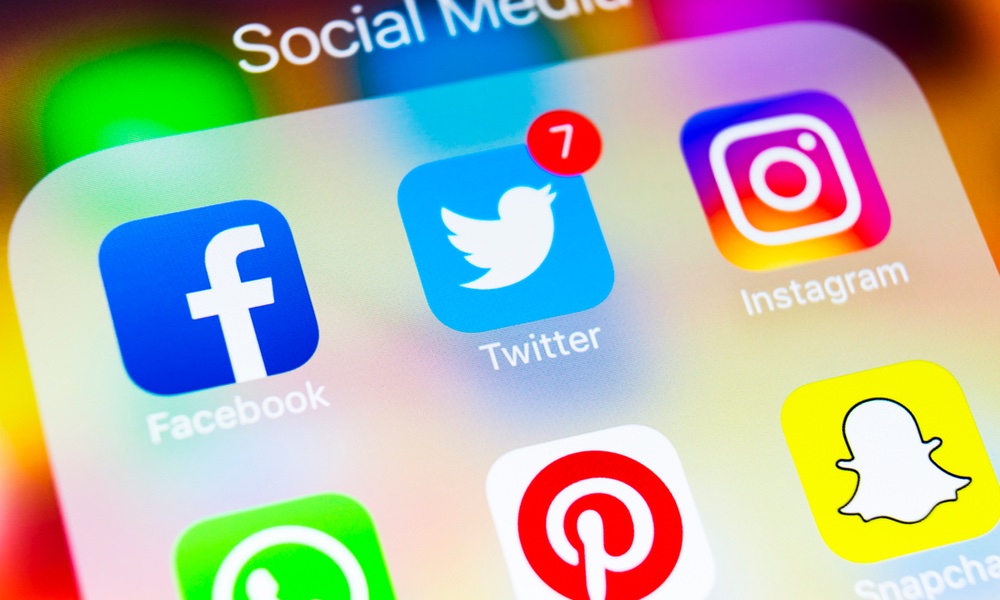For teens, time spent on social media platforms is a mixed bag. It has been tied to making it easier for marginalized teens to find a community. Now there's other evidence suggesting that teens who are frequent users of social media are more likely to develop body image issues than those who log on less frequently.
As with earlier studies that found a connection between screen time and eating disorders, the direction of this relationship is not entirely clear. Do teens with a negative body image use social media more often, or do they develop a negative body image as a result of a steady diet of idealized images on social media platforms?
A recent Canadian study makes one thing clear: teens and young adults who reduce their social media use by about half for a few weeks feel better about their weight and report a better body image. The finding, by Carleton University researchers, suggests that reducing social media use among young people, who are particularly vulnerable to developing a distorted body image, could improve their body image and self-esteem.Those who reduced their use of social media reported a significant improvement in how they felt about their body and their weight.
Data from 220 participants between the ages of 17 and 25 were analyzed for the study. All the teens and young adults taking part were regular social media users, spending at least two hours per day on their smartphones viewing social media. Participants filled out a survey, rating their feelings about their appearance and weight on a 5-point scale at the start of the study and filled out the survey again at the end. They also provided a screenshot every day from a screen time tracking program to quantify their social media use.
More than 75 percent of the participants were women, and many reported symptoms of anxiety and depression. Compared to men, women are more likely to be heavy users of social media and are more prone to anxiety and depression, Helen Thai, first author on the study, told TheDoctor.
For the first week of the study, participants were instructed to use social media as they usually would. For the next three weeks, half of the participants were told to limit their social media use to no more than 60 minutes per day.“Social media exposes users to hundreds or thousands of images every day, including those of celebrities and models, which leads to an internalization of beauty ideals that are unattainable for almost everyone.”
Not all social media platforms are created equal. For example, Thai points out that Instagram is much more visual than Twitter. “I imagine that each platform can have a different impact on body image.”
Going forward, Goldfield and co-author Christopher Davis, a professor of psychology at Carleton, are continuing their investigations in order to know more precisely how reducing social media use improves body image.
The study is published in Psychology of Popular Media.





